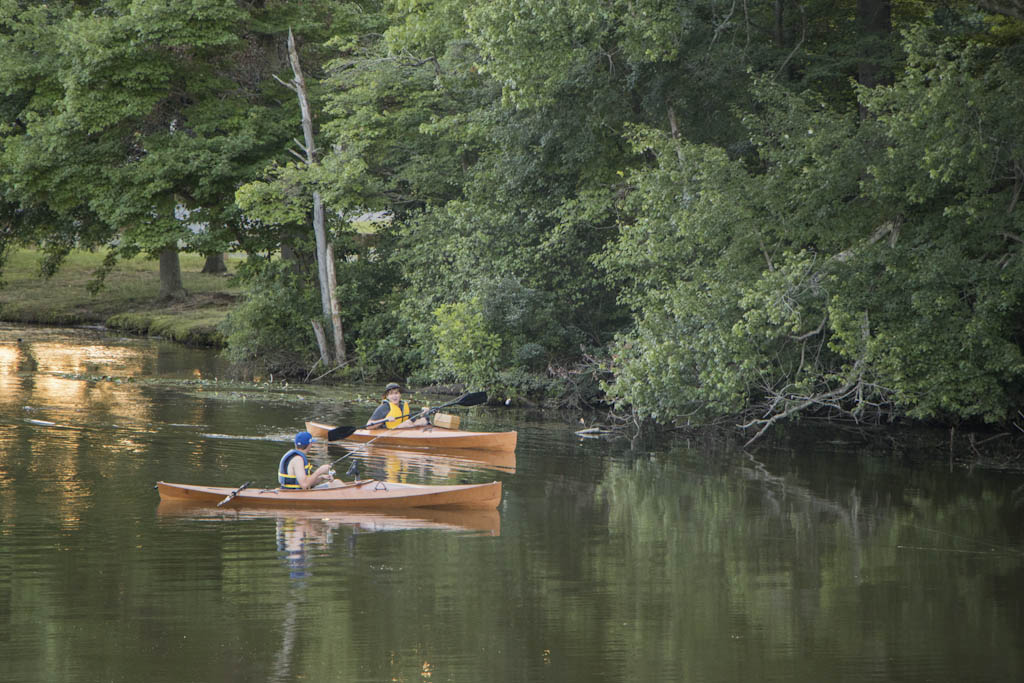To the Editor:
Many of us welcome the good weather, more relaxed attitudes and less crowded commutes that summer in the tri-state area brings. However, for those of us who are educators, it is hard to enjoy the benefits of summer without feeling uneasy about its other implications, especially for our community’s most vulnerable children.
With the months-long summer breaks that many students in the United States enjoy, the summer months are a long stretch of time where children can either be actively engaging in learning, or not. This is different than the school year, when all children are expected to be learning both in school and through school-based extracurricular activities.
Thanks to research from the academic community, and through organizations like the National Summer Learning Association, we know most students lose some academic skills during school breaks.
However, in the summertime, opportunities for children from working-class families and single parent homes become less abundant. Only 4% of American schools operate year-round and child care and paid summer enrichment programs can be prohibitively expensive for most families.
As a result, demand for free programs is so high that it is often impossible for such programs to accommodate all who seek enrollment. As a result, those children who do not secure a spot in an affordable program are at higher risk for deeper skills loss than their more economically advantaged peers.
This reality facing low-income families is part of the reason we partner with the Princeton-Blairstown Center (PBC). At Christina Seix Academy, all of our students live in households headed by a single caregiver and demonstrate economic need.
Children from similar circumstances, demographically speaking, are those who stand to potentially lose the greatest amount of academic skills during summertime. By combining the academy’s nearly year-round school schedule and PBC’s award-winning Summer Bridge Program, our students have an equitable opportunity to participate in the same kinds of summer enrichment enjoyed by children of middle and upper-income families.
The difference is that – thanks to PBC’s efforts to secure grants and financial support from individual donors – students can enjoy this opportunity without incurring costs for themselves or their families. Our students are thriving academically and socially due to the year-round engagement in quality enrichment activities.
Through outdoor experiential education, along with the Science, Technology, Engineering, Arts and Math (STEAM) program and literacy instruction, the PBC curriculum is designed to engage all types of learners in hands-on lessons that inspire and encourage kids to try new things, take healthy risks, and grow academically and personally.
This National Summer Learning Week, this unique program – and the opportunity it offers young people – is something worth recognizing and celebrating. As we celebrate National Summer Learning Week this week, from July 7-13, Christina Seix Academy is honored to partner with Princeton-Blairstown Center for its Summer Bridge Program, and grateful to the many donors who make it possible for our students to attend.
Our students are thriving academically and socially due to the care and commitment consistent, year-round engagement in quality enrichment activities.
Rob Connor, PhD
Head of School
Christina Seix Academy, Trenton

